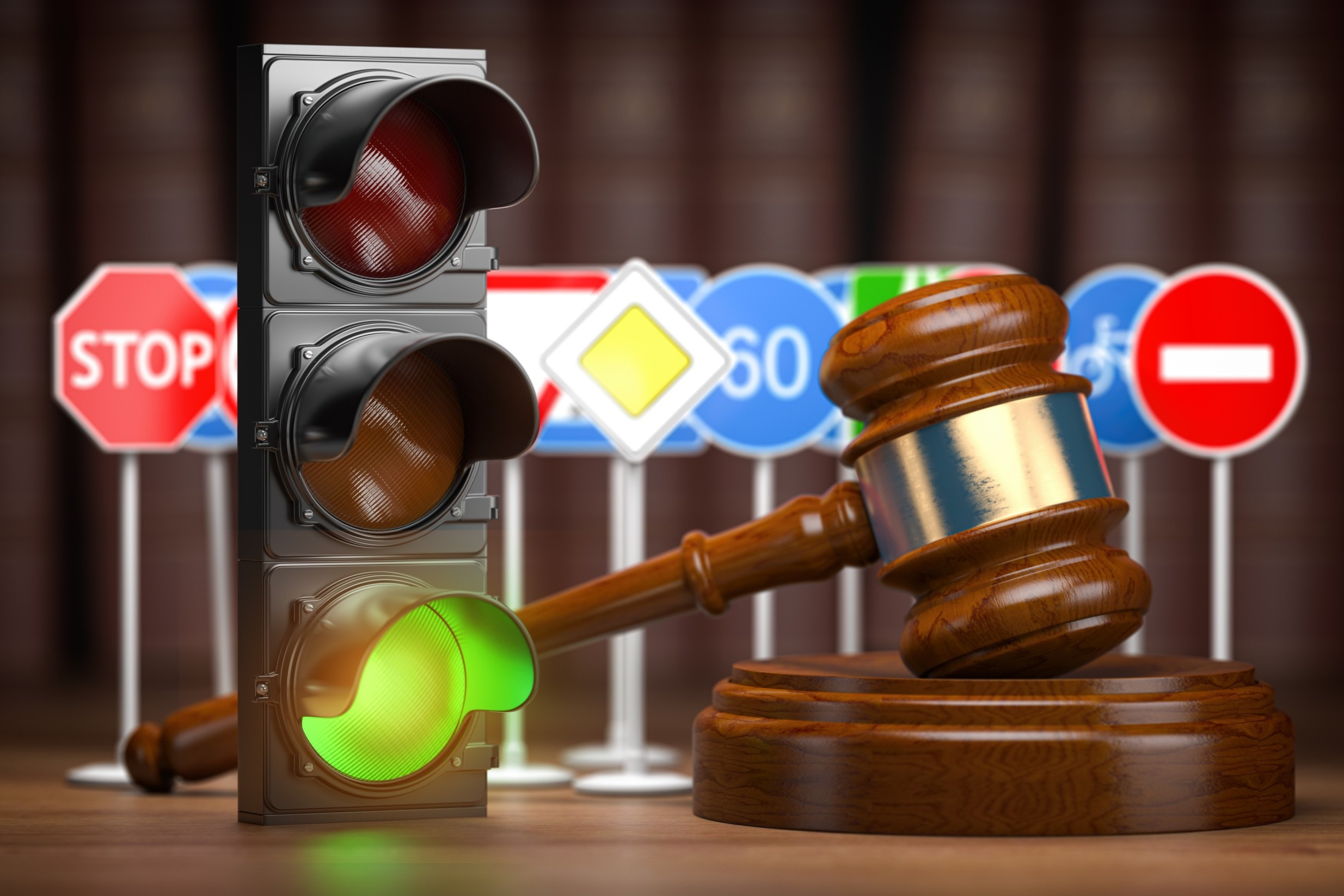What Makes Radar Evidence Legal in Kansas City Traffic Court

You’re driving down Troost Avenue, late for work, when you notice flashing lights behind you. Your heart skips a beat. Was that radar catching your speed?
Radar evidence is common in Kansas City traffic tickets, but not all of it is automatically solid in court. Let’s explore how it works and what makes it legally valid.
How Radar Measures Speed
Radar guns send radio waves toward your car. These waves bounce back, and the device calculates your speed based on the time it takes for them to return.
Think of it like clapping in a canyon. The echo tells you something about the distance. That’s essentially how radar “reads” speed.
Some devices track multiple cars simultaneously, which can sometimes be confusing if not used with care.
Certification and Calibration Are Key
A radar gun alone doesn’t prove anything. For courts to accept readings, the firearm must be certified and calibrated.
- Certification: Departments must confirm the model meets Missouri standards.
- Calibration: Devices are checked daily or before shifts using tuning forks or similar tools.
If records are missing, the evidence can be challenged. That’s why reviewing tickets with a Kansas City Traffic lawyer can be a smart move.
Officer Training Matters More Than You Think
Even a perfect radar gun can fail if the operator makes mistakes. Officers learn:
- How to aim the weapon correctly.
- How to avoid interference from other cars.
- How to log readings for court use.
Mistakes happen. Courts are aware of this, so training records can significantly impact your case.
Weather and Surroundings Can Affect Readings
Radar is sensitive. Bad weather or reflective surfaces can influence readings.
- Rain, snow, or fog may scatter the waves.
- Guardrails, signs, and large trucks can bounce signals in strange ways.
- Multiple vehicles nearby may confuse the radar target.
If your ticket was issued in tricky conditions, it may be worth reviewing.
Legal Standards for Admissible Radar Evidence
For radar evidence to hold up, courts look for four things:
- Device certification and proper calibration.
- Trained officers using it correctly.
- Minimal environmental interference.
- Complete, accurate documentation.
If any of these are missing, your ticket could be contested.
What Happens in Court
Radar evidence doesn’t automatically mean a conviction. Judges want proof that:
- The gun was calibrated.
- The officer was trained.
- The reading was accurate and properly logged.
Gaps in any of these can work in your favor. That’s where Speeding Ticket KC can help.
Radar Myths You Should Ignore
Drivers often assume radar is flawless. Not true.
- Radar is perfect. Nope, minor errors happen.
- You can’t contest a radar ticket. False; improper use or records gaps matter.
- All radars are the same. Different models have varying reliability.
Knowing these myths can help you think clearly if you get a ticket.
Reviewing Evidence Before Paying
Never pay a ticket without reviewing the evidence. A lawyer can:
- Check calibration logs.
- Confirm officer training.
- Look for environmental issues.
- Examine traffic or site conditions.
Even minor inconsistencies can result in reduced fines or points.
Ways to Challenge Radar Evidence
Challenging radar isn’t impossible. Lawyers may focus on:
- Calibration errors: expired or missing logs.
- Operator mistakes: misalignment, distraction, or incomplete training.
- Environmental problems include adverse weather conditions and nearby vehicles.
- Documentation gaps: missing notes or forms.
Experienced Kansas City Traffic lawyers know how to dig into these details.
Takeaways for Drivers
Radar evidence is legal, but it isn’t flawless. Accuracy depends on:
- Proper certification and calibration.
- Skilled officer operation.
- Environmental conditions.
- Accurate documentation.
Consulting with a Speeding Ticket Attorney in KC before paying can protect your driving record.
FAQs About Radar Evidence in Kansas City
1. Can radar evidence be thrown out?
Yes. Errors in calibration, operator technique, or environmental interference can lead to dismissal.
2. How often is radar calibrated?
Departments typically check devices daily or before each shift.
3. Does officer experience matter?
Absolutely. Proper training ensures readings are accurate and defensible in court.
4. Can weather affect radar readings?
Yes. Rain, snow, fog, and reflective surfaces may impact accuracy.
5. How can a Kansas City traffic lawyer help?
They verify calibration, training, and documentation to find weaknesses in the case.
Radar evidence is a strong tool, but it’s not unbeatable. Understanding how it works and seeking help from Speeding Ticket KC gives you the best chance to protect your license and avoid penalties.
